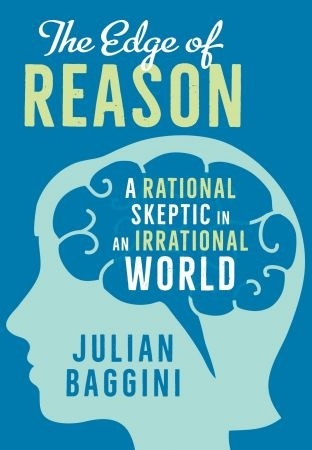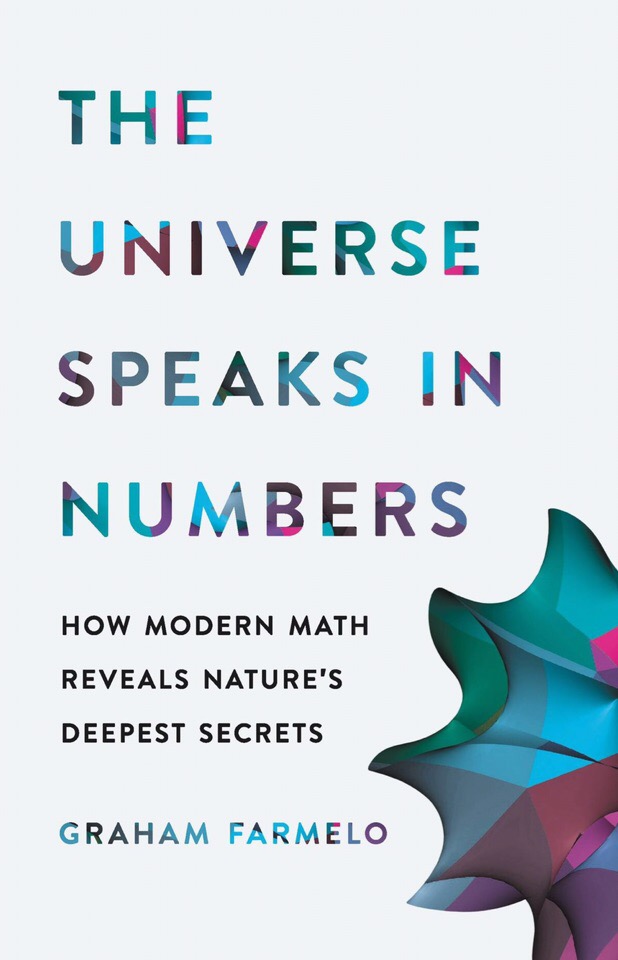Historical Dictionary of South Africa –
1) Historical Dictionary of South Africa – Christopher Saunders, Nicholas Southey
Scarecrow Press | 2000 | EPUB
South Africa has recently undergone a transition from apartheid rule to democracy. The country still faces a host of political, economic, and social problems, but no longer the threat of civil war.
This easy-to-use 2nd edition not only provides an update of the “new” South Africa, but expands on South Africa’s complicated history as well, covering the period of British domination, conflicts between the Boers and the British, and the growth of African resistance to white rule. A comprehensive resource that covers history, politics, the economy, society and culture, this dictionary will appeal to the librarian, scholar, and student.
2) Historical Dictionary of Namibia – John J. Grotpeter
Scarecrow Press | 1994 | EPUB
Namibia is not one of the largest or most important African states, but it has attracted more attention than most. The reason is obvious. It was a crucial test case in decolonization of southern Africa and the struggle continued for years. Now that Namibia is independent, it can only be hoped that the interest will be sustained in one of Africa’s younger and, in some ways, more promising ventures.
While some may feel that we already know a lot about Namibia, given the massive literature that exists, this knowledge is rather limited and skewed. We have been amply informed about the struggle for independence, the debates in the United Nations, and South Africa’s role. But many other things have been largely overlooked. There was an earlier struggle for freedom, one which may influenced the more recent phase. Looking further back, it is necessary to consider how the land was peopled and developed prior to colonization. These aspects are included in this extraordinary study of Namibia and make it broader and deeper than most.
It was not easy to write this particular dictionary. While some of the information was readily avaiable, namely the portion relating to the struggle for independence, not all of it was reliable and it took much digging and sifting to understand what actually did happen. For earlier periods or lesser events, the effort had to be greater yet. Nonetheless, the task was handled admirably by an unflagging author who not only read and atudied but visited and observed Namibia to complete this book.
3) Historical Dictionary of Botswana – J. Ramsay, B. Morton, F. Morton
Scarecrow Press | 1996 | EPUB
Written by three scholars with close ties to the country, the dictionary offers concise descriptive entries for Botswana’s significant personalities, places, events, and institutions as well as its economy, society, ethnic groups, government, and culture. Reviews of the Previous Edition: …indispensable for almost all libraries. —ARBA The term reference work does not do justice to a book so engaging as this…a teaching tool as well as a reference tool…indispensable. —AFRICAN ECONOMIC HISTORY …immediately enters the canon of the dozen or so essential works of reference on Botswana. —JOURNAL OF AFRICAN HISTORY
4) Historical Dictionary of Angola – Susan H. Broadhead
Scarecrow Press | 1992 | EPUB
Dominated and exploited by Portugal for almost five centuries, Angola achieved independence in 1975 after a bitter struggle to eject the Portuguese. But that was not the end of it. This was followed by an even nastier civil war, which lasted for 27 years…
Historical Dictionary of Angola is a thorough examination of Angola. It includes a chronology, bibliography, maps, appendixes, and over 600 cross referenced dictionary entries. This book is an excellent access point for students, researchers, and anyone wanting to know more about Angola.
5) Historical Dictionary of Mozambique – M. Azevedo, E. Nnadozie
Scarecrow Press | 2003 | PDF
A Portuguese colony since 1498, Mozambique became independent on June 25, 1975, following a ten-year war of liberation. The new nation remained relatively obscure for most scholars, and Azevedo’s work fills a vacuum in the sources, tracing the development of modern Mozambique from earliest times to the present and treating the Africans not as passive receptors but as actors in their land during both the pre-colonial and the colonial periods. Such topics as African resistance to colonialism, economic conditions, the Portuguese policy of assimilation, FRELIMO, RENAMO, forced labor, and relations with South Africa are extensively covered by the author, a Mozambican, with insights that only one who lived under Portuguese colonialism can provide.
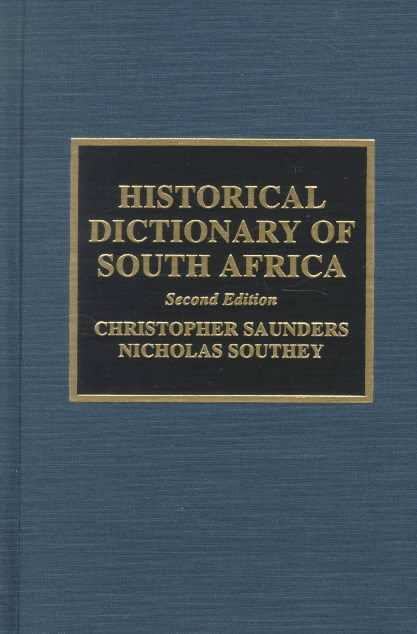 1 / 5
1 / 5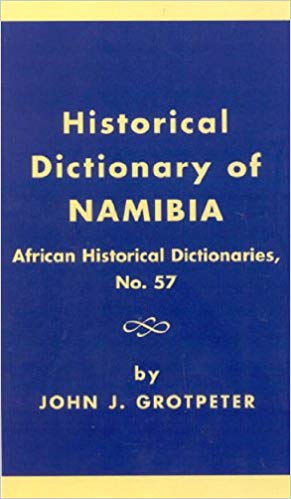 2 / 5
2 / 5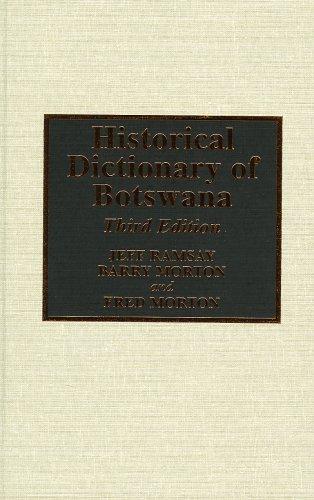 3 / 5
3 / 5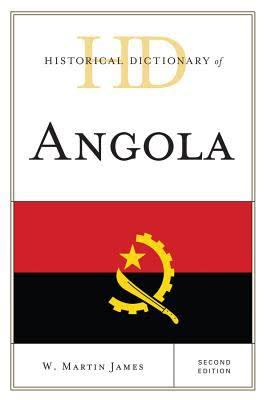 4 / 5
4 / 5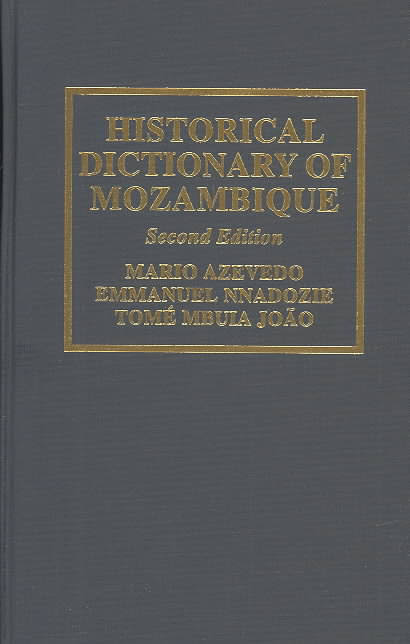 5 / 5
5 / 5
